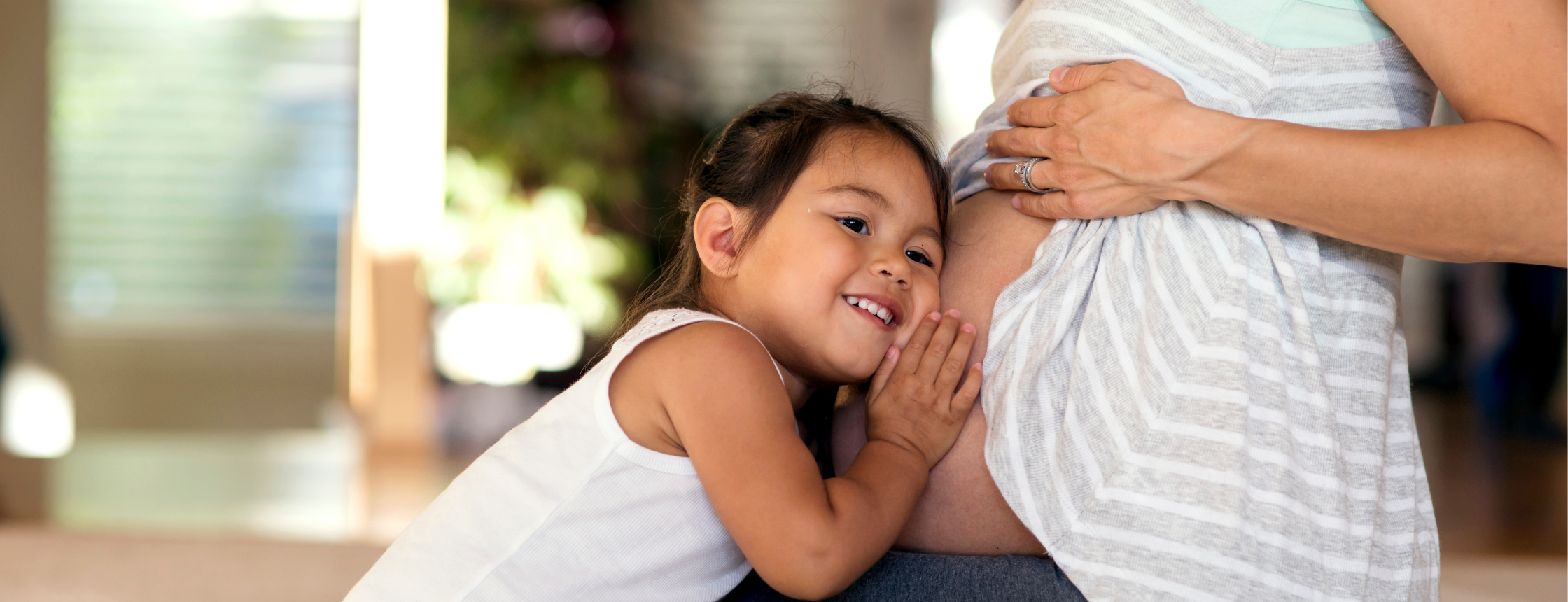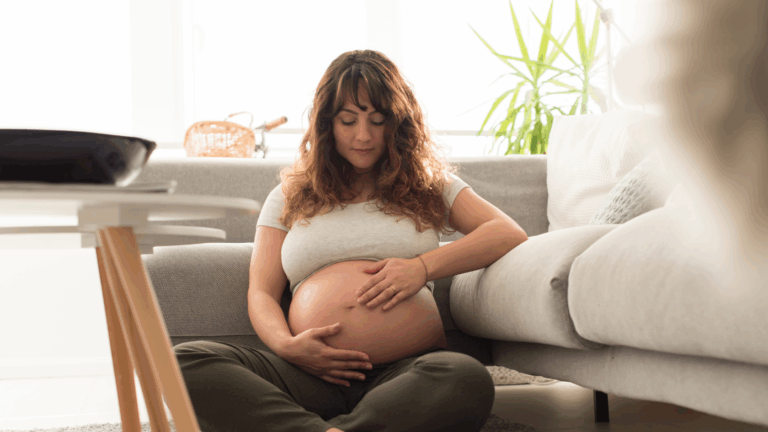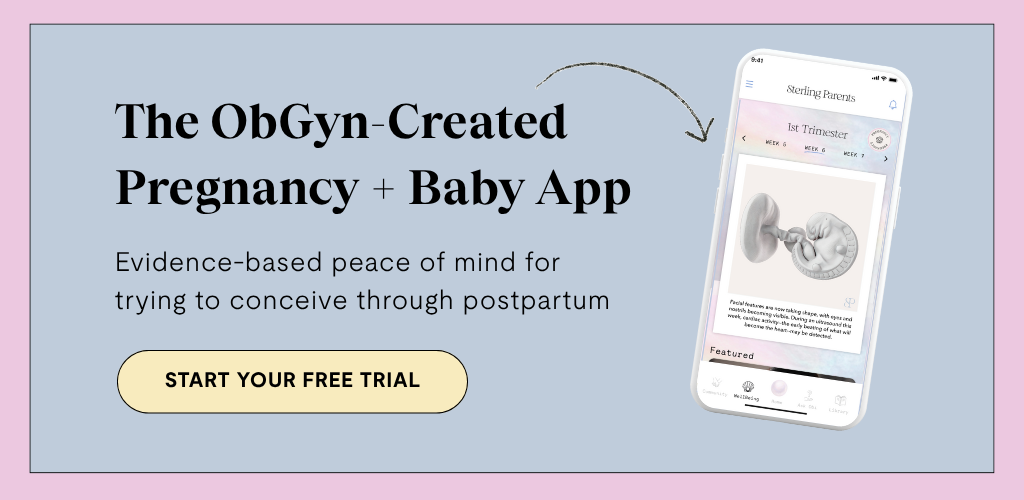
PREGNANCY
When Will I Feel My Baby Move? (And Why It's Different for Everyone)
One of the most common questions I get from expecting parents is: “When will I feel my baby move?” It’s such a personal milestone – that first flutter that makes everything feel suddenly real.
Here’s the reality: most people start feeling fetal movement, often called “quickening,” between 16 and 20 weeks of pregnancy. But before you start worrying because you’re at 18 weeks and haven’t felt anything yet, let me explain why there’s so much variation.
What Do Early Movements Actually Feel Like?
If this is your first pregnancy, it might be harder to distinguish those early flutters from things like gas or digestive sensations. I know – not the most romantic description of your baby’s first movements, but it’s honest.
Some people describe these early movements as bubbles popping. Others say it feels like butterflies in their stomach. Personally, across my three pregnancies, it always felt like a little finger tap inside my body – gentle, fleeting, and easy to miss if I wasn’t paying attention.

Why Some People Feel Movement Earlier Than Others
If you’ve been pregnant before, you’ll likely feel movement earlier – often closer to that 16-week mark. Your body recognizes the sensation, so you’re more tuned in to what you’re feeling.
Here’s something else that affects when you feel movement: your placenta’s location. If you have an anterior placenta (meaning it’s positioned at the front of your uterus), you might notice movement a bit later. That’s because there’s essentially a cushion between your baby and your abdominal wall, muffling those early kicks and flutters.
This doesn’t mean anything is wrong – it’s just anatomy.
Second Trimester Movement: Irregular and That’s Normal
During the second trimester, fetal movement can feel really irregular. Some days your baby might seem like they’re training for the Olympics in there. Other days? Radio silence.
This is completely normal.
As your baby grows stronger through the second trimester, those movements will become more distinct and easier to recognize. You’ll start to notice patterns – maybe your baby is more active after you eat, or when you’re trying to sleep (of course).
What If I’m Not Feeling Movement Yet?
If you’re between 16-20 weeks and haven’t felt definitive movement yet, try not to panic. There’s a range of normal here, and factors like placenta position, your body type, and whether this is your first pregnancy all play a role.
That said, if you’re beyond 22 weeks and haven’t felt any movement, or if you were feeling regular movement that suddenly stops, contact your healthcare provider. They can do a quick check to reassure you that everything is okay.
The Bottom Line
Feeling your baby move for the first time is an incredible moment – but the timing of that moment varies widely from person to person. Between 16-20 weeks is typical, earlier if you’ve been pregnant before, and sometimes a bit later if your placenta is in the front.
Your body isn’t “behind schedule” if you’re on the later end of that range. You’re just on your own timeline.
Need More Personalized Pregnancy Guidance?
Inside the Sterling Parents app, you’ll find week-by-week content tailored to your exact stage of pregnancy, including what to expect with fetal movement and when to contact your provider. Get evidence-based answers from an ObGyn who’s been through three pregnancies herself – not generic advice from apps that sell your data.
Download your free 7-day trial at sterlingparents.com and experience what personalized, evidence-based pregnancy support actually feels like.


